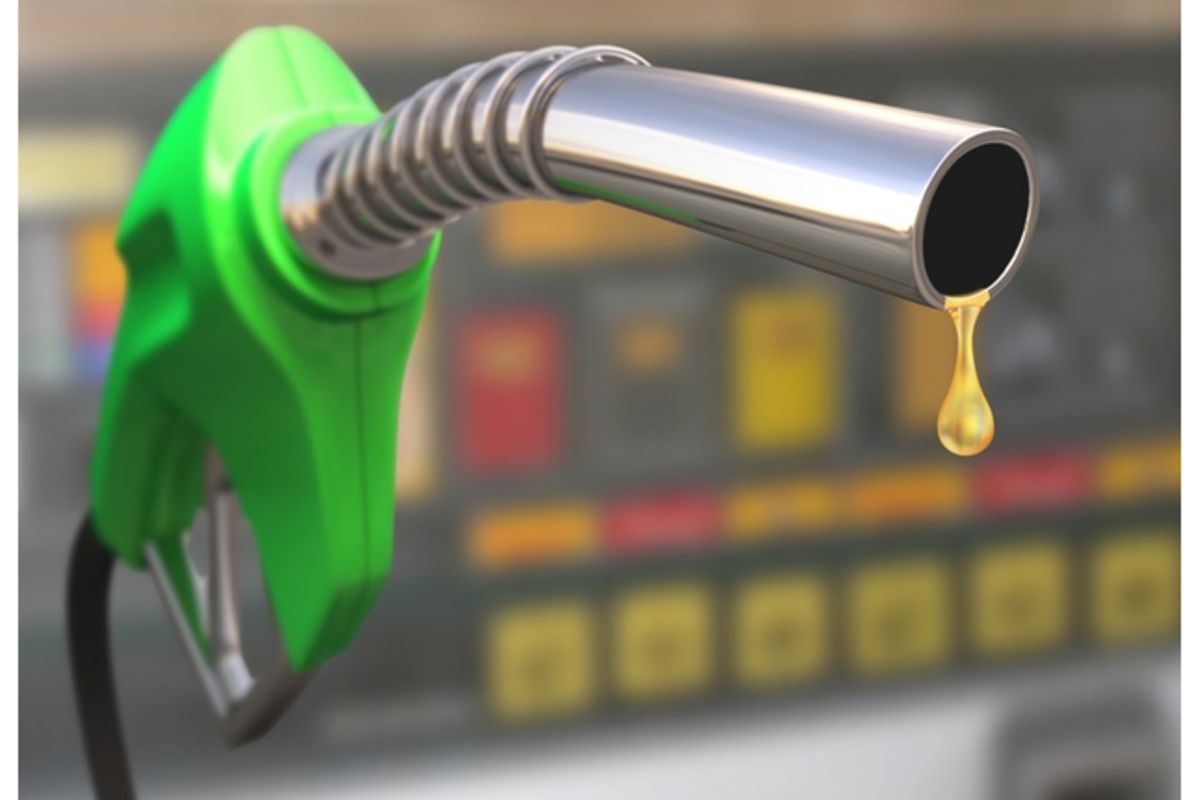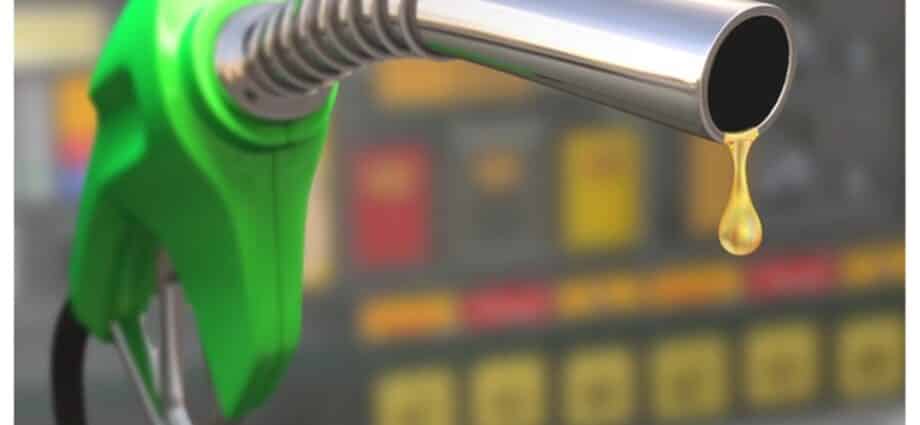
Dar es Salaam. Motorists in Tanzania will have to dig deeper into their pockets this month as fuel prices increase, effective Wednesday, February 5, 2025.
The Energy and Water Utilities Regulatory Authority (Ewura) has released new fuel prices for February, reflecting significant increases across the board. Retail fuel prices in Dar es Salaam have risen by 0.957 percent for petrol, 2.18 percent for diesel, and 1.25 percent for kerosene.
The price hikes come despite a decrease in fuel importation costs by an average of 4.90 percent for petrol, 14.94 percent for diesel, and 0.81 percent for kerosene at the Port of Dar es Salaam.
While there have been no changes in importation costs at the Port of Tanga, costs at Mtwara Port have declined by an average of 6.34 percent for petrol and diesel.
As a result, fuel prices in Dar es Salaam now stand at Sh2,820 per litre for petrol, Sh2,703 for diesel and Sh2,710 for kerosene. This marks an increase from January’s prices of Sh2,793 for petrol, Sh2,644 for diesel, and Sh2,676 for kerosene.
In Tanga, petrol prices have risen to Sh2,825 per litre from Sh2,800, diesel to Sh2,746 from Sh2,656, and kerosene to Sh2,756 from Sh2,722. This represents an increase of 0.88 percent for petrol, 3.27 percent for diesel, and 1.23 percent for kerosene.
Fuel imported through Mtwara Port now costs Sh2,892 per litre of petrol, up from Sh2,866 in January, while diesel has risen to Sh2,775 from Sh2,716. Kerosene prices now stand at Sh2,782, up from Sh2,748 last month.
Ewura’s Director General, Dr James Mwainyekule, has directed oil companies to sell petroleum products at competitive prices while ensuring they do not exceed the maximum set prices or fall below the minimum allowed prices, as per Ewura’s 2022 Petroleum Pricing Regulations.
Additionally, all fuel stations are required to display product prices on visible signboards, clearly indicating any discounts or promotional offers available.
“Where possible, customers are advised to purchase fuel from stations offering lower prices to encourage market competition. It is illegal to sell fuel without clearly displaying the prices for customers,” Ewura stated.
Failure to comply with these regulations will result in penalties for fuel stations. Furthermore, petroleum product sellers are required to issue sales receipts from Electronic Fiscal Pump Printers (EFPP), while buyers must ensure they receive such receipts.
“The receipts must display the station’s name, purchase date, type of fuel purchased, and price per litre. These receipts will serve as proof for b














